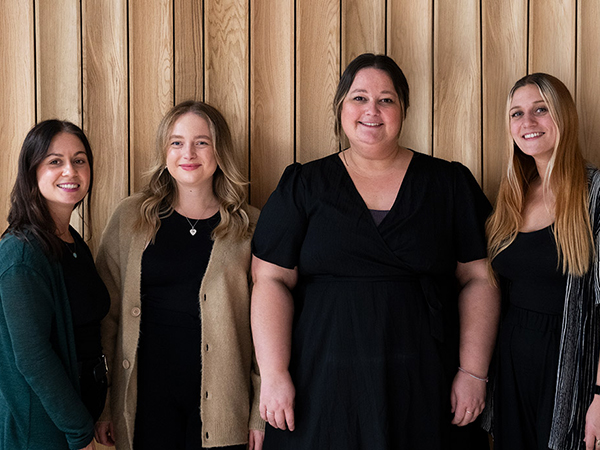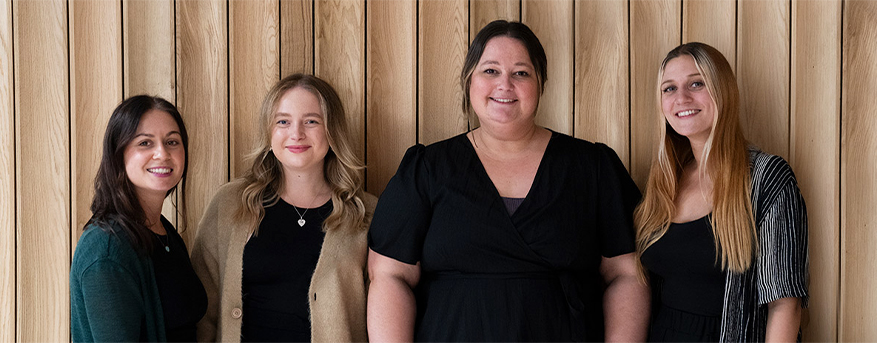Things to see & do in Kruger
The spectacular jewel in South Africa’s already resplendent wildlife crown has to be Kruger National Park. This huge park, protecting almost 20,000km² of diverse habitats, is a playground for wildlife, from huge herds of elephants, to mighty lion prides. It’s a popular and accessible park; often the place where future conservationists and self confessed safari addicts got their first taste of African wildlife. But it’s also the gift that keeps on giving. Explore off the beaten track, or join a volunteer conservation program and you can discover new layers and new sightings in this much loved park.
Kruger is one of the oldest, largest and most biodiverse parks in South Africa and some 147 mammal species call Kruger home, including big prides of lions, cheetah and thousands of elephants. Endangered African wild dogs are found here, too, and this is the best place in South Africa to see black and white rhino. Game drives are the standard way to explore, but bush walks and nighttime safaris are also possible in the neighbouring private reserves. There’s accommodation to suit all budgets, and Kruger is malaria free, making it ideal for seasoned safari goers, first-timers and families alike.
Kruger is one of the oldest, largest and most biodiverse parks in South Africa and some 147 mammal species call Kruger home, including big prides of lions, cheetah and thousands of elephants. Endangered African wild dogs are found here, too, and this is the best place in South Africa to see black and white rhino. Game drives are the standard way to explore, but bush walks and nighttime safaris are also possible in the neighbouring private reserves. There’s accommodation to suit all budgets, and Kruger is malaria free, making it ideal for seasoned safari goers, first-timers and families alike.
Kruger practicalities
Kruger is huge; larger than neighbouring Swaziland. It would take a full 10 hours to drive from north to south and its many different regions and terrains make it feel like several parks in one. The south is the heavily visited part with a great range of lodges, restaurants and campsites. It’s a good choice for families and first time safari goers. It takes about four hours by road from Johannesburg to reach the southern part of Kruger, or you can fly, as there are several small airports near the park’s borders. The remote north offers a greater sense of wilderness. The wildlife is more dispersed, but there are fewer visitors and the landscapes feel completely unspoiled.
Accommodation
There is accommodation to suit all budgets and tastes in Kruger, from camping to comfortable lodges. Big facilities such as Skukuza Camp have a range of accommodation options, from basic camping to more comfortable safari tents on stilts that contain beds; rustic bungalows to family cottages.The most luxurious lodges belong to the private reserves that lie along Kruger’s unfenced western boundary. These reserves are conservation driven, but also home to some of Africa’s most luxurious accommodation, with amazing service, food and facilities, including luxuries such as gyms and private pools, for down time between game drives. You’ll share the lodge and the reserve with few other guests and be taken on game drives in private vehicles. There’s usually the chance to do walking safaris and nighttime game drives, too, which are restricted in Kruger itself.
How long to allow
Kruger is so big, with so much wildlife and so many diverse landscapes that you can happily spend five days on safari here, and organised five and three day camping safaris exist that you can attach to a longer exploration of South Africa. Organised small group and tailor made tours that include other places or activities typically allow two full days in the national park. Anyone with a generous budget and a passion for wildlife should consider a two week holiday that moves between three or four of the private reserves that border Kruger, to experience a mix of lodge styles and landscapes.
Kruger plus…
Many organised small group and tailor made tours include Kruger as part of a diverse sightseeing or activity holiday in South Africa. Internal flights mean you can combine Cape Town with Kruger and even Victoria Falls in Zambia in as little as 10 days. Small group cycling holidays combine a few days out of the saddle enjoying game drives in Kruger, with pedalling in the Drakensberg Mountains and Blyde River Canyon.7 day big five safari in South Africa
7 Day Safari with wildlife conservationists
From
£2250
7 days
ex flights
South Africa safari holiday, 14 days
Award winning safari in South Africa
From
£4495
14 days
ex flights
South Africa and Swaziland safari
Lodge safari all encompassing South Africa & Swaziland
From
€2550 to €2790
17 days
ex flights
South Africa holiday, Cape Town to Kruger
Cape Town, Kruger and Victoria Falls
From
£3000
10 days
ex flights
South Africa cycling holiday, Drakensberg and Kruger
A breathtaking panoramic cycling route
From
£3749 to £4179
14 days
inc UK flights
Three Reserve safari in South Africa
A 10 day big game safari visits 3 different game reserves
From
£3395 to £4100
10 days
ex flights
Contact Us

Call us for a chat about our holidays. We are happy to discuss your holiday and help in any way we can. No bots, queues or awful hold music.
01273 823 700
Call us until 6pm
Calling from outside the UK

Best time to go to Kruger
National Park
Kruger is open all year round and worth visiting at any time, but the dry winter months of July to September see vegetation die back and water sources dwindle, making game viewing easier as animals congregate around waterholes. This is a popular time to visit Kruger – arguably the best time – so book your safari well in advance and bring lots of layers, as it can drop to a chilly 5°C at night in winter, then rise to the mid 20°Cs by mid afternoon. Migratory birds are present from October to March, and November, December, January and February are the hottest and wettest months of the year. If you can stand the odd thunderous downpour and toasty temperatures in the low 30°Cs you’ll enjoy the landscape becoming greener by the day and, in November and December, see baby animals being born.










































